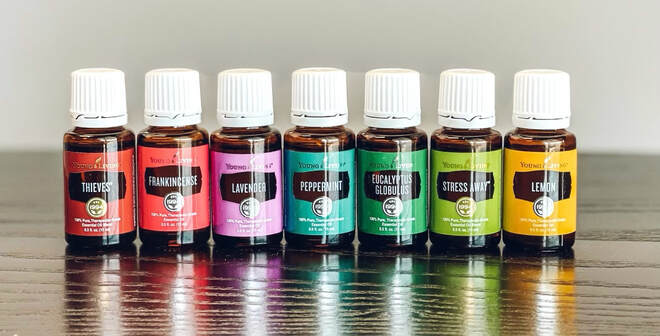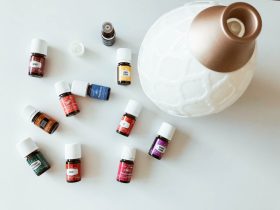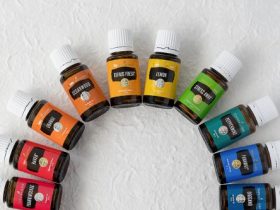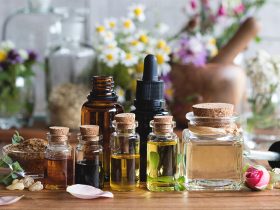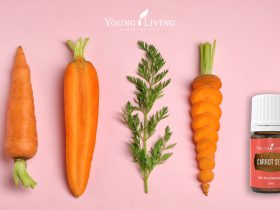Health Benefits of Young Living Essential Oils
Despite their widespread use, little is known about Young Living Essential Oils’ capacity to treat specific health concerns. Here’s a look at the research behind some of the frequent health issues that Young Living Essential Oils and aromatherapy have been utilized to help with.
Stress and anxiety
According to estimates, 43% of persons with stress and anxiety use some alternative therapy to help them manage their symptoms. Initial research on aromatherapy has proven quite encouraging. Many studies have indicated that the scent of various Young Living Essential Oils can help relieve anxiety and stress in addition to regular therapy.
Due to the fragrances of the chemicals, blinded trials are difficult to conduct, and biases are difficult to rule out. As a result, many studies on the benefits of Young Living Essential Oils on stress and anxiety have been equivocal. Using Young Living Essential Oils during a massage may help ease stress, while the effects may only persist for the duration of the massage. Only ten papers were judged to be solid enough to examine in a recent evaluation of over 201. Aromatherapy was also found to be ineffective in the treatment of anxiety.
Headaches and migraines
Two short trials from the 1990s discovered that dabbing a peppermint oil and ethanol mixture on the foreheads and temples alleviated headache pain. Recent studies have also found that putting peppermint and lavender oil to the skin reduces headache discomfort.
Furthermore, applying a mixture of chamomile and sesame oil to the temples has been proposed as a treatment for headaches and migraines. This is an old Persian headache treatment.
However, further high-quality research is required.
Sleep and insomnia
Lavender oil has been demonstrated to improve the sleep quality of mothers who have recently given birth, as well as heart disease patients. An evaluation of 15 studies on the effects of Young Living Essential Oils on sleep was conducted. The majority of research found that inhaling the oils — particularly lavender oil — improved sleep habits.
Reducing inflammation
Young Living Essential Oils have been recommended to aid in the treatment of inflammatory diseases. They have anti-inflammatory properties, according to some test-tube research.
In one animal study, consuming a combination of thyme and oregano Young Living Essential Oils was reported to help induce colitis remission. Caraway and rosemary oils produced similar benefits in two rat experiments. However, the effects of these oils on inflammatory illnesses have been studied in only a few human trials. As a result, their efficacy and safety are unknown.
Antibiotic and antimicrobial
The emergence of antibiotic-resistant germs has reignited interest in finding new ways to combat bacterial illnesses. While the results of these test-tube studies are intriguing, they do not always reflect the impact of these oils on your body. They don’t show that a specific Young Living Essential Oil may be used to treat bacterial infections in people.
Other uses
Outside of aromatherapy, Young Living Essential Oils can be used for a variety of purposes. Many individuals use them to freshen up items like washing or to smell their homes. They’re also utilized in DIY cosmetics and high-quality natural items as a natural aroma. Furthermore, Young Living Essential Oils have been suggested as a safe and environmentally friendly alternative to artificial mosquito repellents like DEET.
Sign up link: www.youngliving.com/us/en/referral/31421803
My Young Living Website (info about essential oils): https://stephaniechan.lifestepseo.com


